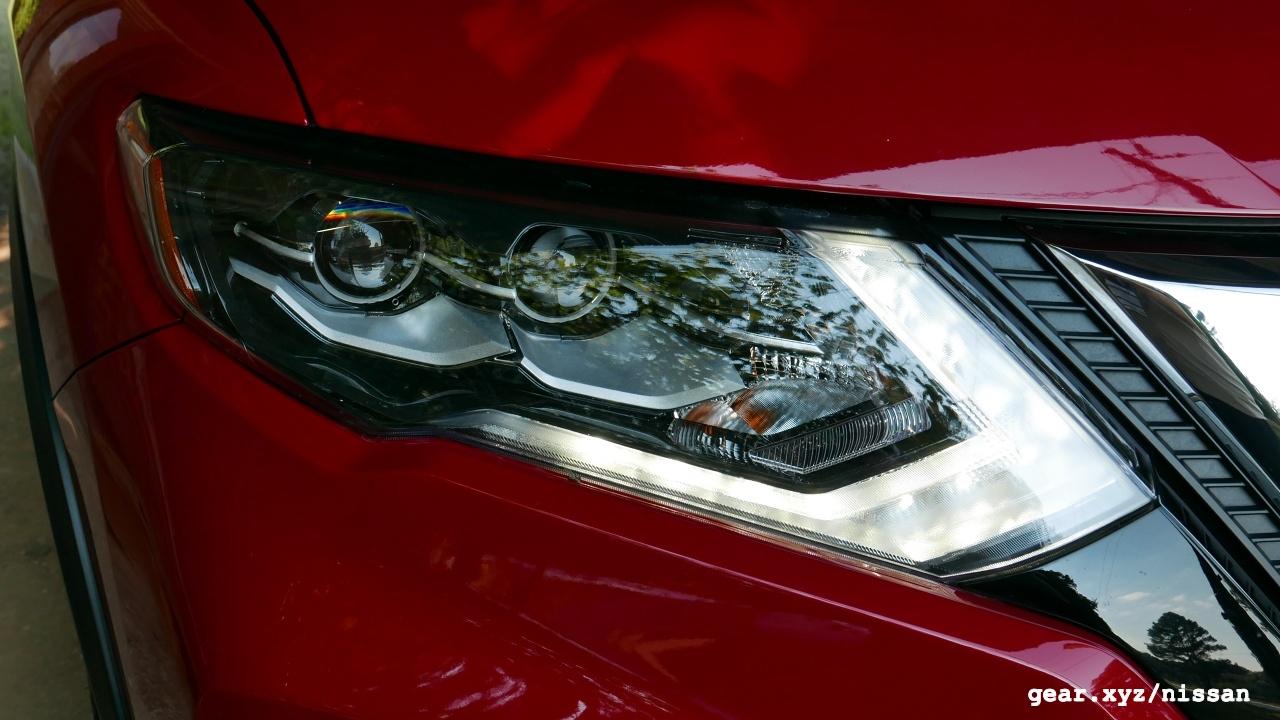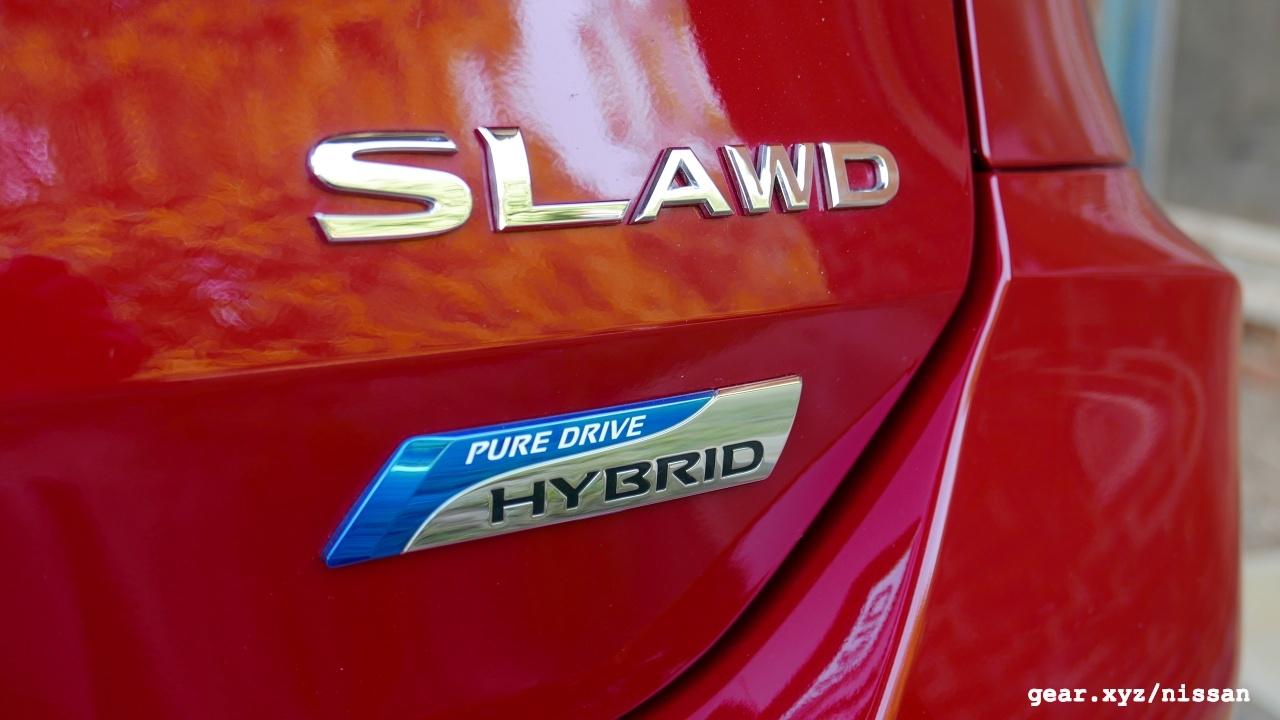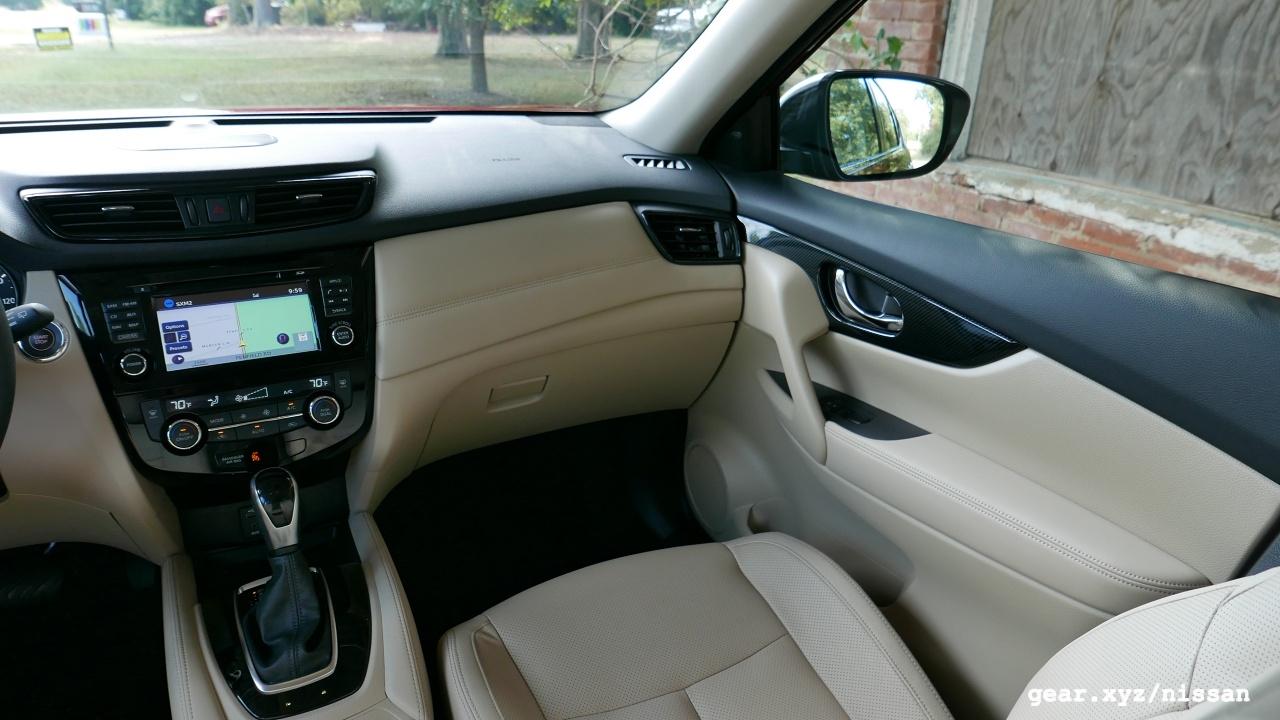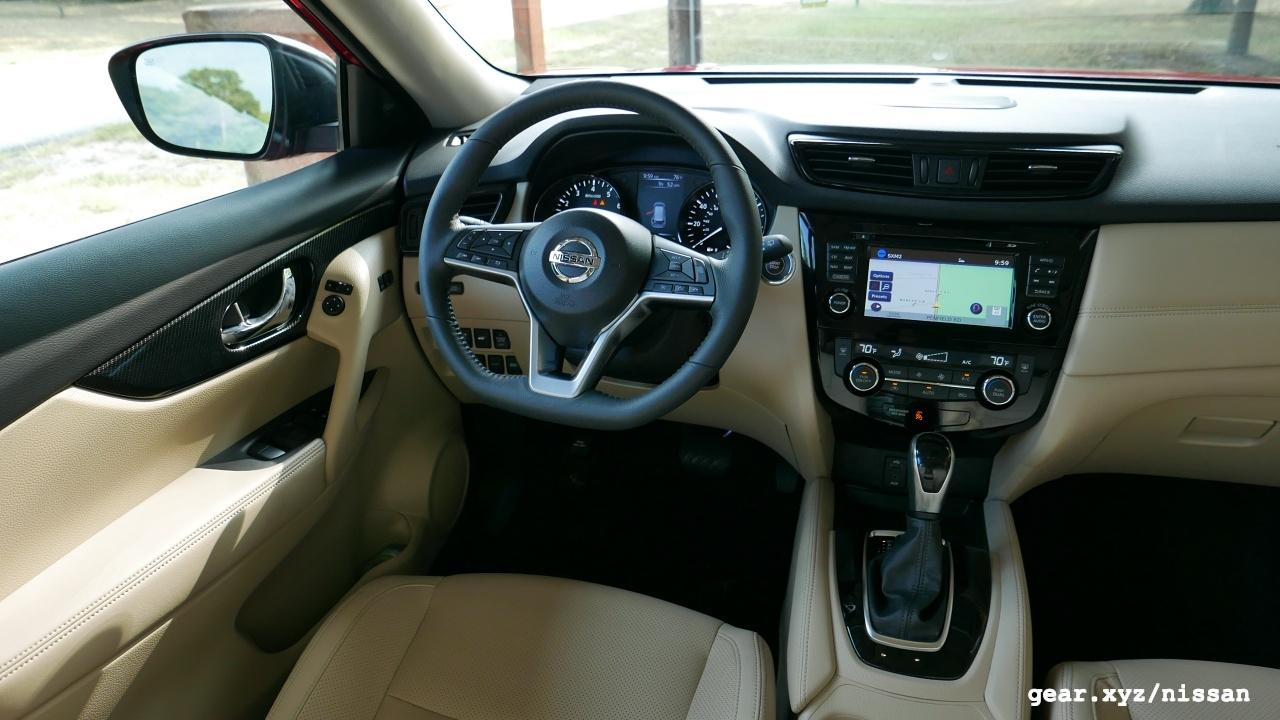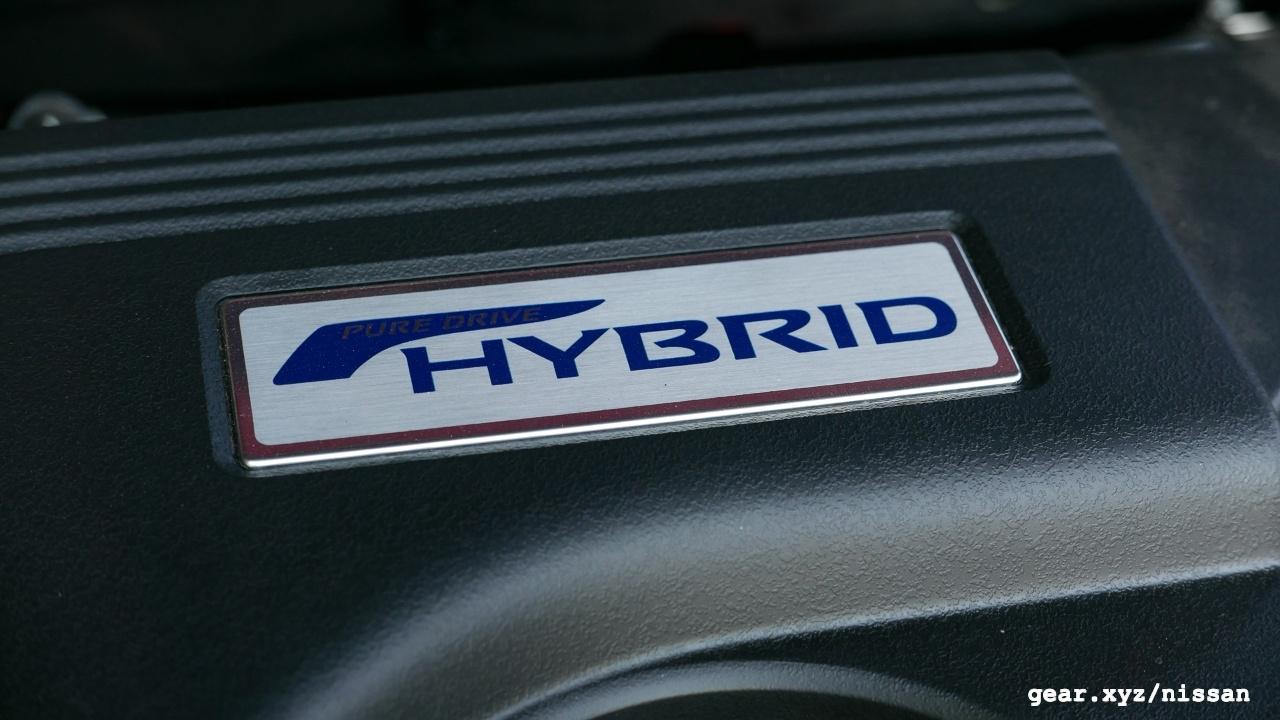2017 Nissan Rogue Hybrid First Drive - Eco-Credibility For Brand's Best-Selling SUV
Sometimes auto sales are like a street fight, with each opponent shadowboxing the other's every move in a bid to stay competitive. So it is with the 2017 Nissan Rogue Hybrid compact SUV, a left hook aimed at connecting with Toyota's RAV4 Hybrid introduced the year before.
To say that the Rogue is an important model for Nissan is to undersell the role it plays in keeping the coffers full. The small hauler is in fact the best-selling vehicle, full stop, in the automaker's North American portfolio, and as such it serves as the primary ambassador to families who might consider adding another Nissan to the driveway as a complement to the SUV.
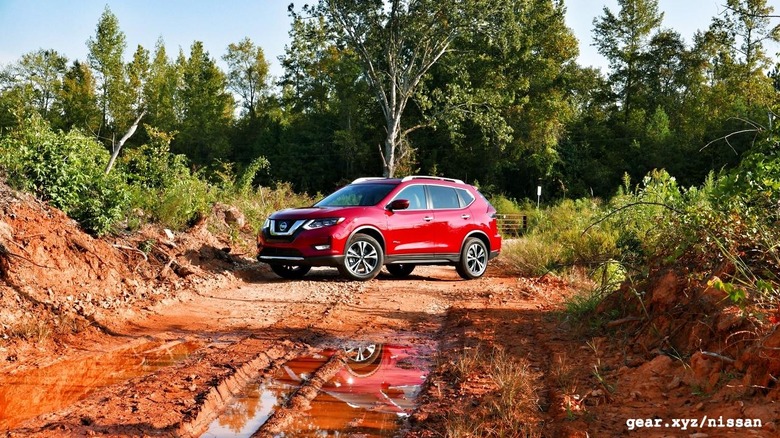
One doesn't make changes to a hometown hero that regularly challenges for the number one spot its segment lightly, but the decision to bring a battery-assisted drivetrain to the Rogue stable was not a difficult one for Nissan. Given the relentless, almost zombie-like push amongst new car buyers of all ages to load up on sport-utility vehicles and shun traditional four-door sedans, the brand knew that there was a built-in audience for a more efficient – and potentially, more refined – version of the Rogue.
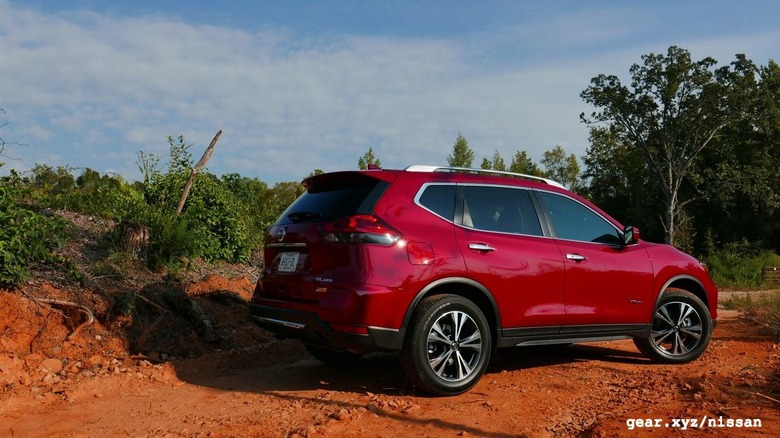
The 2017 Nissan Rogue Hybrid benefits from the same re-styling that has been afforded to the gas-only version of the SUV, which is to say it features a bolder front grille, a pair of redesigned bumpers, and a number of small trim updates made throughout its interior. There's also a new adaptive cruise control feature offered with both editions of the Rogue, which is paired with an automatic braking feature designed to prevent collisions with pedestrians and other vehicles.
The real news, however, is under the hood – as well as tucked under the rear load floor, where the battery for the Nissan Rogue Hybrid's gasoline/electric drivetrain is stored. Mechanically, the setup will be familiar to anyone who's shopped for a four-cylinder hybrid car or SUV in the recent past, as the Nissan makes use of a 2.0-liter engine paired with a single 30 kW electric motor to generate a total of 176 horsepower. As with the base Rogue, a continuously-variable automatic transmission channels power from each of the two sources, and you can order either front-wheel or all-wheel drive versions of the Hybrid SUV.

Keen eyes will have already noticed that the Rogue Hybrid delivers a few ponies more than the gasoline version of the vehicle, but don't expect that to translate into an appreciable boost in acceleration. What's more impressive about the new Nissan is its ability to seamlessly shift between electric and internal combustion power at almost any speed. A pair of clutches work together to juggle which part of the hybrid system is handling what at any given time, and while in most situations the SUV will operate the gas and electric motors simultaneously, it's possible for battery power to kick in even when cruising at 75-mph.
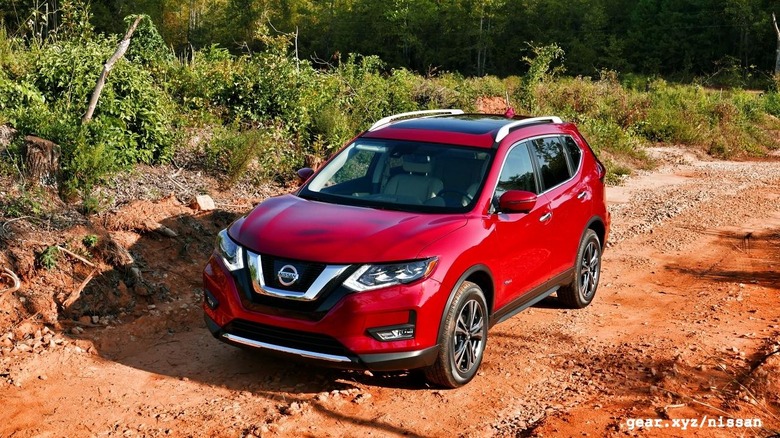
You most likely won't notice this happening while underway, as the Rogue Hybrid deactivates its internal combustion unit with surprising grace for such an affordable SUV. Nissan claims that at lower speeds – approaching 25-mph – there's enough juice to stay in EV mode for up to two minutes. Official fuel economy figures have yet to be certified, but the company is projecting 34-mpg combined, which would be a 6-mpg boost over the gas-only model. All-wheel drive is also available as an option for the 2017 Nissan Rogue Hybrid, and unlike its Toyota competitor there's no extra electric motor installed to exclusively power the rear axle, as the setup relies on the same drivetrain as front-wheel drive models.
Where the Rogue Hybrid and its RAV4 Hybrid counterpart do match up is in their respective pricing strategies. Both automakers have elected to keep their hybrid platforms away from the top-tier trim levels, which in the Rogue Hybrid's case means you can pick up either SV or SL versions of the vehicle, and add a single options package to each. There's no full-blown Platinum or Platinum Reserve package on the table for the Rogue Hybrid SL like there is for the gas edition, because Nissan is concerned that the extra ask for the electric drivetrain would push the Hybrid to the point where it would start to eat into the sales of the larger Pathfinder and Murano SUVs.
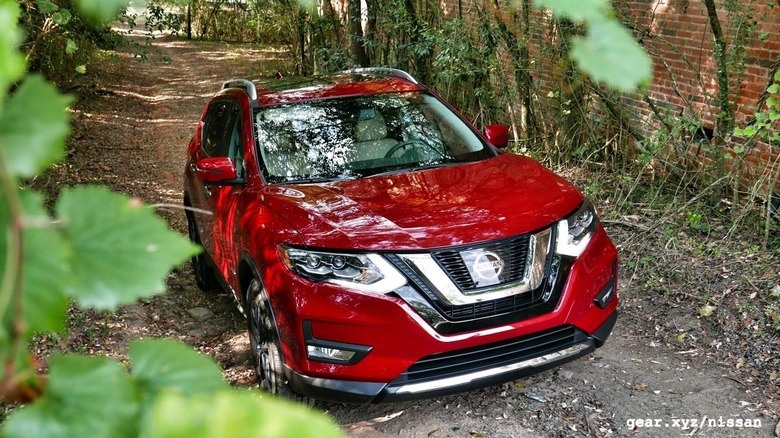
The exact details of what it will cost to get behind the wheel of the 2017 Nissan Rogue Hybrid aren't available to us, but an educated guess places the premium between $1,500 and $2,000, which would sticker the most affordable Hybrid SV at just under $30,000. That's not a lot of cash to dole out for battery assistance, but it's worth keeping in mind that the extra efficiency offered by the Rogue Hybrid, while welcome, isn't likely to make a huge dent in your monthly fuel bill. If instead you're looking for a smooth and practical SUV that will help ease your eco-conscience, then the Rogue Hybrid is worth looking into.



